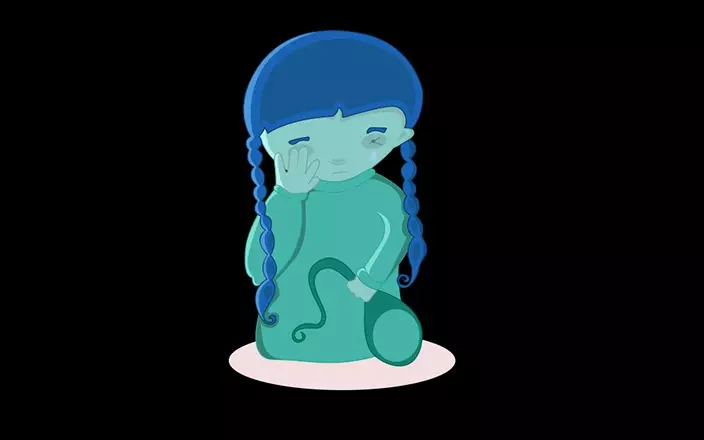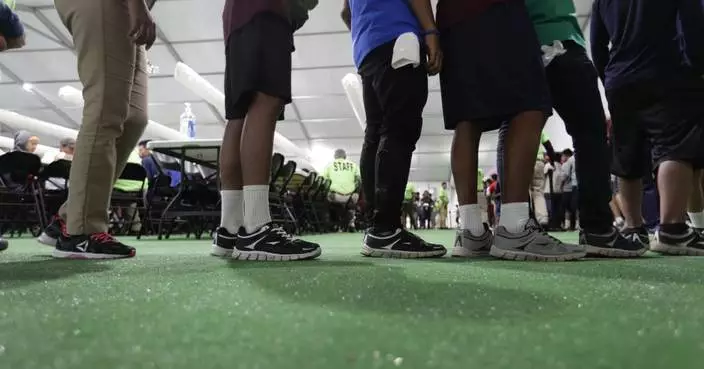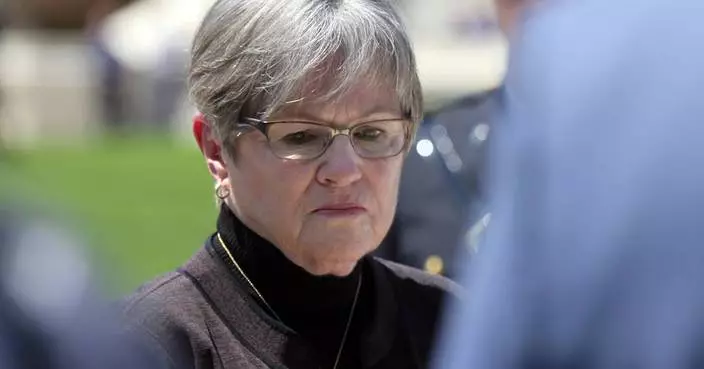A study of the University of Michigan (UM) shows that children who get spanked may feel depressed, attempt suicide, drink at moderate-to-heavy levels or use illegal drugs when they grow up.
The study used data from the CDC-Kaiser ACE study, which sampled more than 8,300 people aged from 19 to 97. Study participants completed self-reports while seeking routine health checks at an outpatient clinic.

Designed Photo
They were asked about how often they were spanked in their first 18 years, their household background and if an adult inflicted physical abuse - pushing, grabbing, slapping or shoving - or emotional abuse, such as insults or swearing.
Nearly 55 percent of the respondents reported being spanked. Men were more likely to experience childhood spanking than women. Compared to white respondents, minority respondents other than Asians were more likely to report being spanked.
Those reporting exposure to spanking had increased odds of depression and other mental health problems, the study showed.
Researchers note that as both spanking and physical abuse involve the use of force and infliction of pain, as well as being linked with similar mental health outcomes, meaning it is important to prevent not just child abuse and mistreatment, but also harsh parenting before it occurs.
"This can be achieved by promoting evidence-based parenting programs and policies designed to prevent early adversities, and associated risk factors," said Shawna Lee, UM associate professor of social work. "Prevention should be a critical direction for public health initiatives to take."
The study and its findings have been published in Child Abuse and Neglect, a monthly social science journal covering child protection.
TOKYO (AP) — Japan’s parliament on Friday passed a revision to the country’s civil code that will allow divorced parents the option of joint child custody, a change that brings the nation in line with many other countries.
The revision, the first to custody rights in nearly 80 years, is to take effect by 2026. It will allow divorced parents to choose either dual or single custody while requiring them to cooperate in ensuring their children’s rights and wellbeing.
Under the current law, child custody is granted to only one divorced parent, almost always the mother.
The change comes as divorces are increasing in Japan and a growing number of divorced fathers hope to stay in touch with their children. A number of high-profile allegations by divorced foreign fathers of child abductions by former partners who returned to Japan also encouraged the change.
The revision requires the sharing of child rearing costs by the parent who is not the main custodian. Currently, most divorced mothers, who often are part-time workers with low incomes, do not receive financial support from their former husbands.
In cases in which domestic violence or abuse by either parent is suspected, the other person will have sole custody, according to the revision.
Supporters of joint custody say it allows both divorced parents to play a role in child rearing. Opponents, including rights groups and some victims of domestic violence, have raised concern that the new system could make it harder for parents to cut ties with abusive spouses and that they may not be allowed a real say in custody decisions.
The concerns prompted some modifications to the legislation during parliamentary debate to require authorities to make sure the custody decision was not one-sided.
Under the revision, divorced parents who choose joint custody must reach a consensus on their children's education, long-term medical treatment and other key issues, and will need to seek a family court decision if an agreement cannot be reached.
Either parent can make decisions about their children's daily activities, such as private lessons and meals, or emergency treatment.
The revision is to be reviewed five years after it takes effect.

Japan’s lawmakers pass a revision to the country’s civil code that will allow divorced parents the option of joint child custody, at the parliament in Tokyo Friday, May 17, 2024. The revision, the first to custody rights in nearly 80 years, is to take effect by 2026. (Kyodo News via AP)











